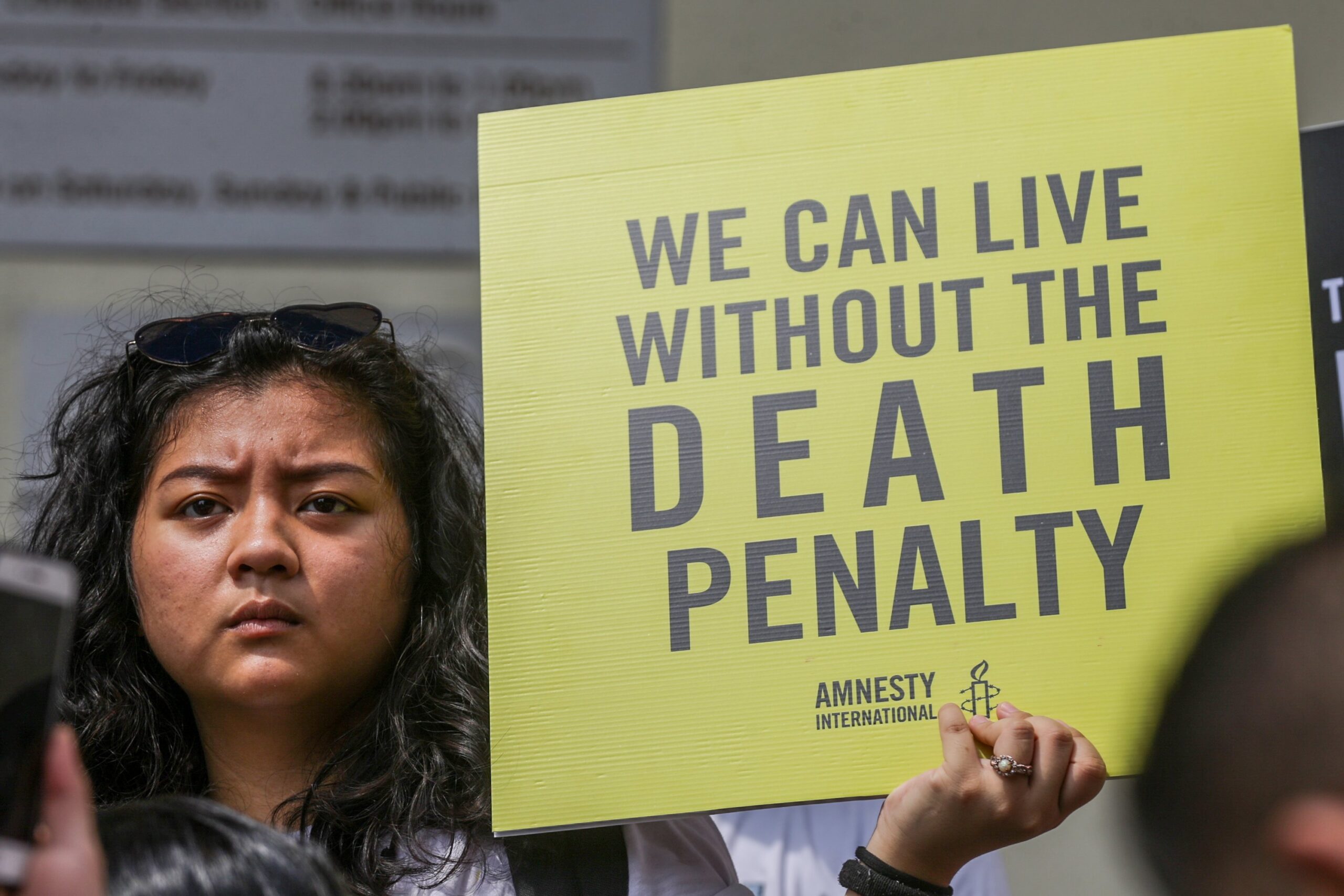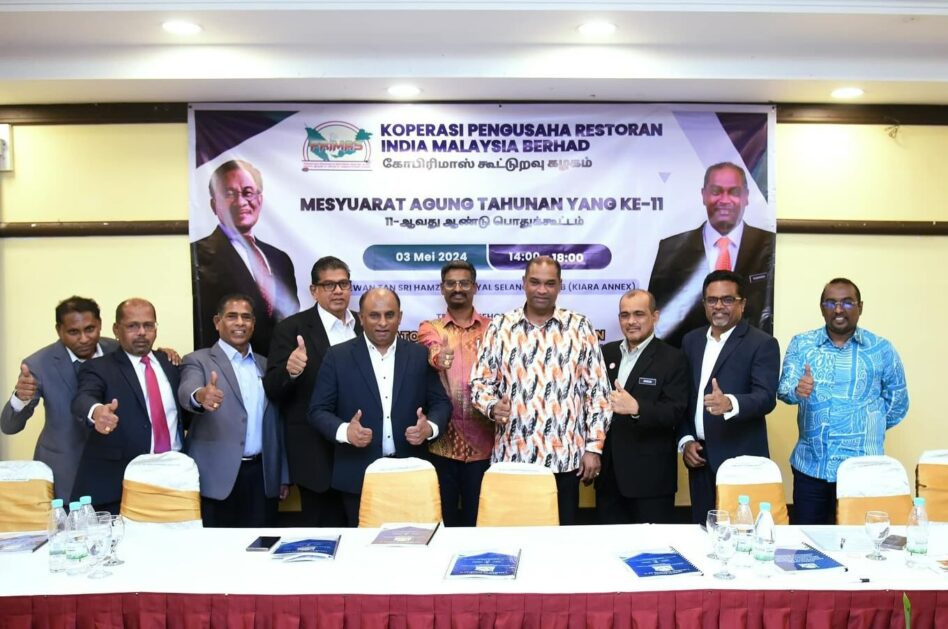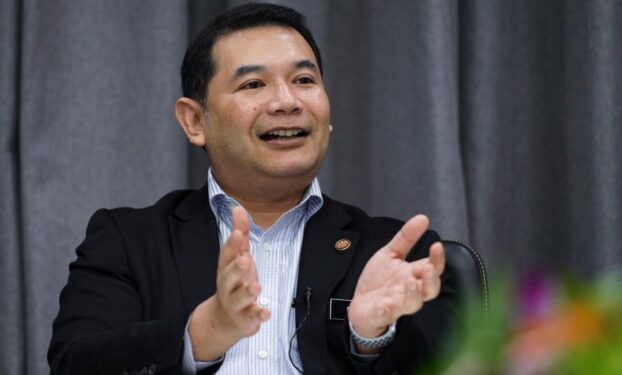ON this World Day Against the Death Penalty, Malaysia must detach herself from using archaic punishments like torture and the death penalty left by colonial masters in building a reformed society.
Every year on Oct 10, the world observes World Day Against the Death Penalty and the never-ending campaign to see a total abolition of the death penalty across state lines all over the world.
This year, Malaysia will mark this day by taking a small victory step in the right direction when the Minister in the Prime Minister’s Department Datuk Seri Wan Junaidi Tuanku Jaafar tabled the first reading of amendments to seven bills in the Dewan Rakyat to abolish the mandatory death penalty.
To date, there are 33 offences that carry the death penalty in Malaysia, of which 11 are mandatory. The amendments, once debated and passed, will mean, while the death penalty still remains, it will no longer be mandatory – binding the hands of the court but instead return powers to the judges to use them or not.
It should also be noted that Malaysia also has had a moratorium on executions for the past few years till now and must keep the moratorium even though the abolition of the death penalty happens.
The latest figure on death row inmates in Malaysia stands at 1,340 consisting of Malaysians and non-Malaysians and some have been in for over 30 years on death row.
Death penalty around since British occupation
The theme this year is dedicated to the relationship between the use of the death penalty and torture or other cruel, inhuman, and degrading treatment or punishment.
The amendments to abolish the mandatory death penalty in Malaysia comes with two different alternative punishments which are whipping and imprisonment for natural life. All three punishments, including the death penalty, have been around when Britain occupied Malaya.

Decades later, these punishments no longer exist in the UK’s criminal justice system. Yet, Malaysia is still holding on to them in this time and age.
When Pakatan Harapan was in Government, then-Foreign Minister Datuk Seri Saifuddin Abdullah was in the midst of preparing Malaysia for the ratification of the UN Convention against Torture and Other Cruel, Inhuman or Degrading Treatment or Punishment (UNCAT).
While most countries in the world don’t use these primitive forms of punishment and have ratified UNCAT, unfortunately, Malaysia sits amongst 18 countries like Barbados, Bhutan, Cook Islands, Democratic People’s Republic of Korea, Dominica, Iran, Jamaica, Micronesia, Myanmar, Niue, Papua New Guinea, Saint Lucia, Singapore, Solomon Islands, Tonga, Trinidad and Tobago, Tuvalu and United Republic of Tanzania that have yet to ratify this convention.
Unfortunately, a coup and a change of regime in February 2020 set the nation back decades and there has been no significant progress on the matter so far.
Abolishing death penalty is no leniency on criminals
Make no mistake, abolishing the mandatory death penalty is in no way an indicator that Malaysia is soft on crime.
However, as whipping still remains a form of punishment for other offences and the number of those convicted under those offences has only increased, it also has no deterrent effect as well.
All crimes committed must face the music and some form of punishment – the death penalty and torture, however, is not one option that Malaysia should take.
A civilised and progressive society moves in the direction to stamp out archaic forms of punishments like torture and the death penalty but also comes with improving the socio-economic lives of people.
For centuries, the death penalty has been disproportionately used against minority groups, the marginalised and vulnerable communities which exist in large populations as well.
Statistics from the Prisons Department also validate that more than 86% of people on death row come from B40, marginalised, minority and vulnerable communities in Malaysia and around the world.
When was the last time we ever heard that a person or related to a person in privileged, powerful positions committing a crime that necessitates the use of the death penalty.
In Malaysia, people of position and power who have been convicted (and this does not happen very often) have differential treatment from the common man and woman on the street. When double standards exist in the criminal justice system, to end a life is abhorrent.
Malaysia must take the first step in this direction to sign and ratify the UNCAT and progressively do away with torture as a form of punishment and move towards prison reforms in the country in the larger picture of total abolition of the death penalty. – Oct 10, 2022
Kasthuri Patto is the outgoing DAP MP for Batu Kawan, DAP deputy secretary for international affairs and president of Parliamentarians for Global Action (PGA).
The views expressed are solely of the author and do not necessarily reflect those of Focus Malaysia.
Main photo credit: Daily Sabah










